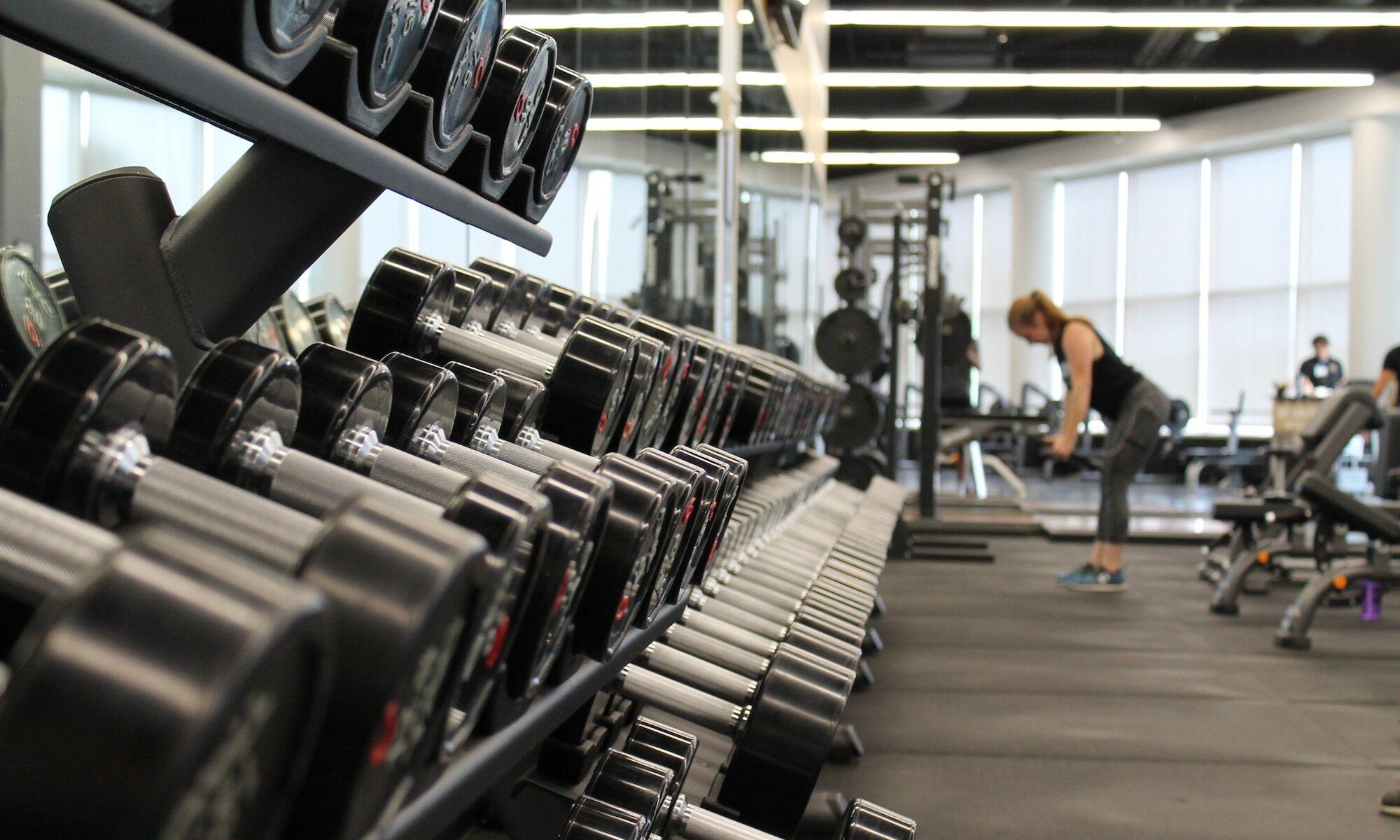Learn how to break through fitness plateaus with new workout routines! Diversify your exercises, challenge your body, and see the results you’ve been working hard for. Revamp your workouts now!
Are you feeling like your fitness progress has hit a plateau? Don’t worry, we’ve got you covered! In this article, we’ll show you how to break through those plateaus by incorporating new and exciting workout routines into your fitness regimen. By diversifying your exercises, you’ll challenge your body in new ways and push past those stubborn sticking points. Get ready to revamp your workouts and see the results you’ve been working so hard for! Have you been feeling stuck in your fitness journey, unable to see progress or reach your goals? It’s a common struggle that many people face when they hit plateaus in their workout routines. But fear not, there is a solution – diversifying your workout routine! By incorporating new exercises and challenging your body in different ways, you can break through these plateaus and continue making progress towards your fitness goals.
Why Do Plateaus Happen?
Plateaus occur when your body gets used to the same workout routine and stops showing improvements. When you do the same exercises over and over again, your muscles adapt and become more efficient at performing them. This means that they no longer need to work as hard, resulting in a decrease in the effectiveness of your workouts. As a result, you may stop seeing the same level of progress that you once did.
How to Recognize a Plateau
Plateaus can be frustrating, but they are also a sign that your body is in need of a change. If you have been working out consistently and eating well but are no longer seeing improvements in strength, endurance, or body composition, you may have hit a plateau. Common signs of a plateau include stagnant weight loss, lack of muscle growth, and decreased motivation to exercise.
The Importance of Diversifying Your Workout Routine
Diversifying your workout routine is key to breaking through plateaus and seeing continued progress in your fitness journey. By incorporating new exercises, varying the intensity of your workouts, and challenging your body in different ways, you can keep your muscles guessing and prevent them from becoming too comfortable. This will help you overcome plateaus and continue making gains in strength, endurance, and overall fitness.
Benefits of Diversifying Your Workout Routine
- Prevents boredom: Trying new exercises can keep your workouts exciting and engaging, making it more likely that you will stick with your fitness routine long term.
- Prevents overuse injuries: Doing the same repetitive movements can lead to overuse injuries, such as tendonitis or stress fractures. By varying your exercises, you can reduce the risk of these injuries.
- Maximizes results: Challenging your body in new ways can help you see improvements in strength, endurance, and overall fitness that you may not have been able to achieve with your old routine.
How to Diversify Your Workout Routine
If you’re ready to break through plateaus and see continued progress in your fitness journey, it’s time to start diversifying your workout routine. But where do you begin? Here are some tips to help you add variety to your workouts and challenge your body in new ways:
1. Incorporate Strength Training
Strength training is an essential component of any well-rounded workout routine. It helps build lean muscle mass, increase metabolism, and improve overall body composition. If you’ve been primarily focusing on cardio or high-intensity interval training (HIIT), adding strength training sessions to your routine can help you break through plateaus and see improvements in strength and muscle tone.
2. Try Different Types of Cardio
Cardiovascular exercise is important for improving heart health, increasing stamina, and burning calories. If you’ve been doing the same type of cardio workout (such as running or cycling) for an extended period of time, switch things up by trying different types of cardio, such as swimming, dancing, or boxing. This will challenge your cardiovascular system in new ways and prevent your body from adapting to the same repetitive movements.
3. Include Functional Training Exercises
Functional training focuses on movements that mimic everyday activities, such as squatting, lunging, pushing, and pulling. These exercises help improve balance, mobility, and overall functional strength. By incorporating functional training exercises into your workout routine, you can target different muscle groups and improve your overall fitness level.
4. Mix Up Your Reps and Sets
If you’ve been following the same rep and set scheme for your strength training exercises (such as 3 sets of 10 reps), try mixing things up by varying the number of reps and sets you do. For example, you could do high-rep, low-weight sets one day and low-rep, high-weight sets the next. This variation will challenge your muscles in different ways and help you see continued progress in strength and muscle tone.
5. Add Interval Training
Interval training involves alternating between periods of high-intensity exercise and periods of rest or lower intensity. This type of workout can help increase cardiovascular fitness, improve endurance, and burn more calories in a shorter amount of time. Adding interval training sessions to your workout routine can help you break through plateaus and see improvements in both cardiovascular and muscular fitness.
Create a Diverse Workout Plan
Now that you have some ideas for how to diversify your workout routine, it’s time to create a diverse workout plan that incorporates a variety of exercises and training modalities. Here’s a sample workout plan to help you get started:
| Day | Workout |
|---|---|
| Monday | Strength training (full body) |
| Tuesday | Cardio (running or cycling) |
| Wednesday | Functional training (squats, lunges, push-ups) |
| Thursday | Interval training (HIIT workout) |
| Friday | Strength training (upper body) |
| Saturday | Rest or active recovery (yoga or stretching) |
| Sunday | Cardio (swimming or hiking) |
How to Follow Your Workout Plan
- Start by scheduling your workouts in advance so that you can make them a priority in your daily routine.
- Listen to your body and make adjustments as needed. If you’re feeling fatigued or sore, it’s okay to take a rest day or do a lighter workout.
- Stay consistent with your workouts to see the best results. Aim to exercise at least 3-5 times per week to maintain your progress and continue breaking through plateaus.
Track Your Progress and Stay Motivated
As you begin to diversify your workout routine and challenge your body in new ways, it’s important to track your progress and stay motivated along the way. Here are some tips to help you stay on track and continue making gains in your fitness journey:
Use a Fitness Tracker
Fitness trackers can help you monitor your workouts, track your progress, and set achievable goals. Whether you prefer a wearable device, a smartphone app, or a simple pen and paper, keeping track of your workouts can help you see how far you’ve come and stay motivated to reach your fitness goals.
Set Short-Term and Long-Term Goals
Setting specific, measurable goals can help you stay motivated and focused on your fitness journey. Whether it’s increasing the weight you lift, running a faster mile, or fitting into a smaller size jeans, having goals to strive for can help you push through plateaus and continue making progress.
Celebrate Your Successes
Don’t forget to celebrate your successes along the way, no matter how small they may seem. Whether it’s hitting a new personal record in the gym, losing a few pounds, or completing a challenging workout, take the time to acknowledge your achievements and be proud of the progress you’ve made.
Final Thoughts
Breaking through plateaus in your workout routine can be challenging, but it is possible with the right strategies and mindset. By diversifying your workout routine, challenging your body in new ways, and staying consistent with your workouts, you can overcome plateaus and continue making progress towards your fitness goals. Remember to listen to your body, track your progress, and stay motivated along the way. With dedication and perseverance, you can achieve your fitness goals and break through plateaus one workout at a time.


